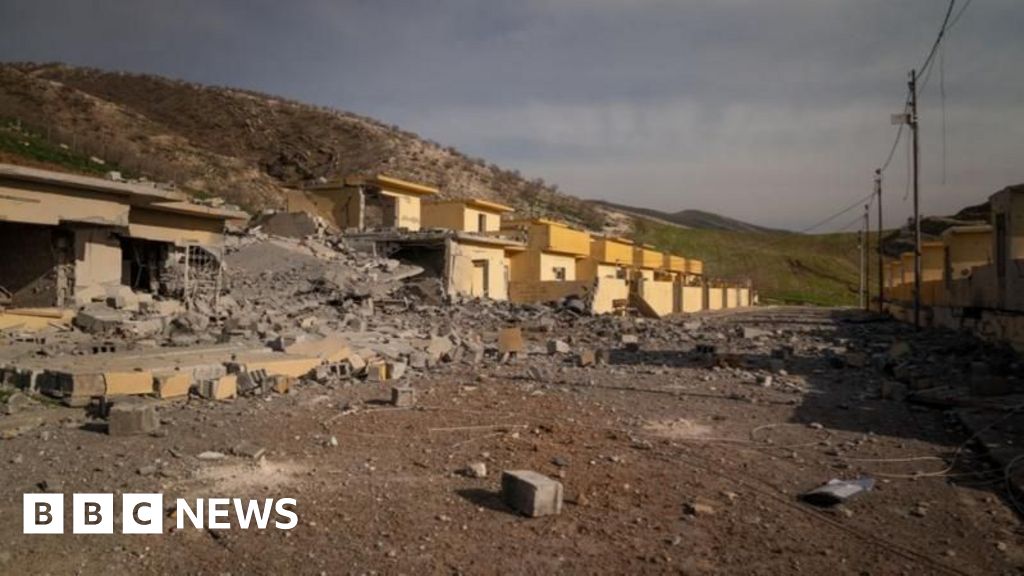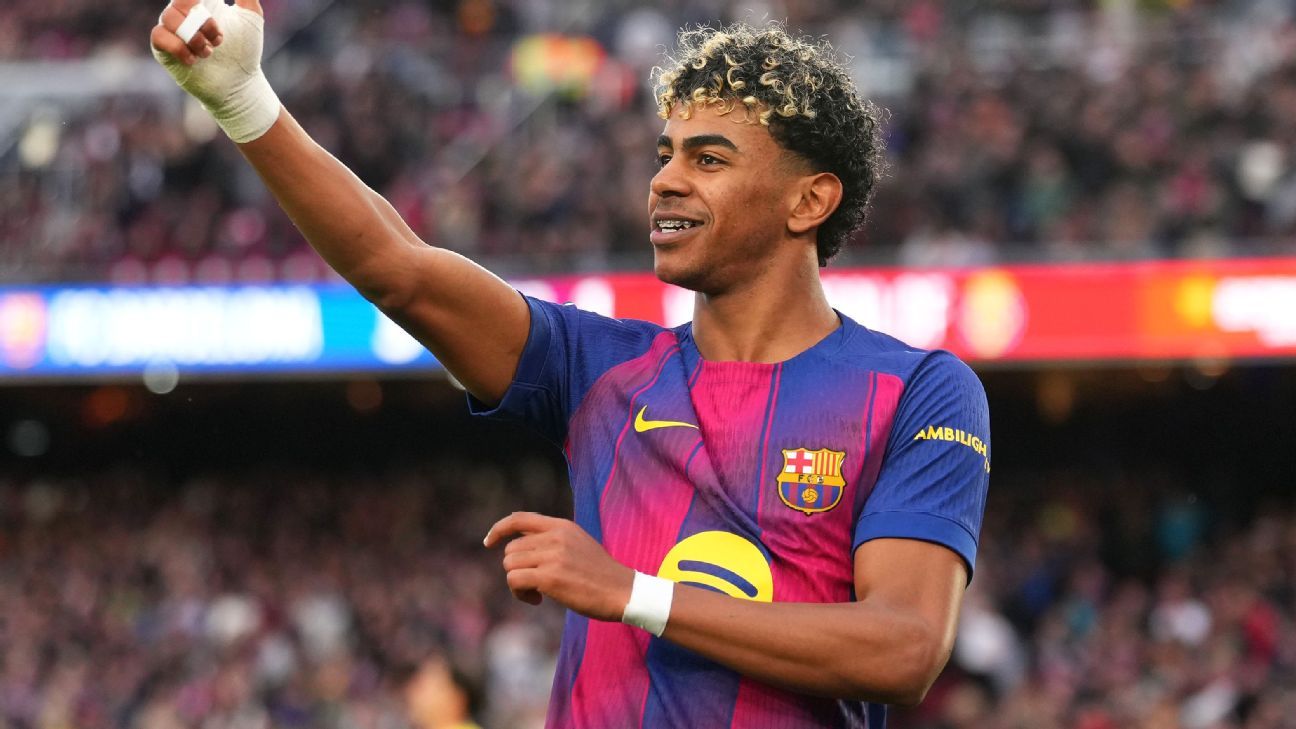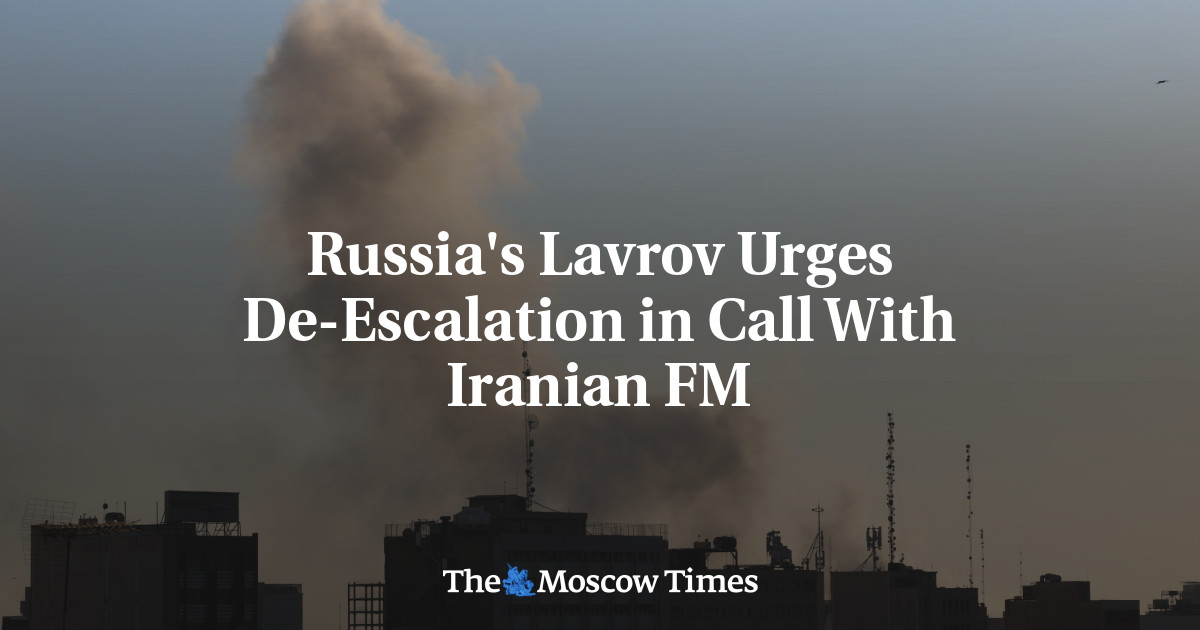- The ANC Youth League aims to reform its recruitment process, introducing vetting via the police to exclude those with criminal or unethical histories.
- The ANCYL plans mandatory political training for recruits, reinforcing commitment and preparing them for roles.
- Leadership criteria will be improved by instituting structured leadership programmes and a merit-based pipeline system.
The ANC Youth League (ANCYL) wants to tighten its membership recruitment process by vetting those who wish to join the movement.
The recruitment processes overhaul proposal was presented at the ongoing National General Council (NGC) in Kimberley as part of the youth league’s discussion documents.
The discussion document’s authors also proposed a thorough revision of the league’s leadership criteria.
Like most ANC structures, the league elects its leadership through voting outcomes at branch general meetings (BGMs) and congresses.
According to the discussion document, this has “increasingly devolved into superficial exercises in electoral theatrics rather than the strategic, constitutionally defined processes they are meant to be”.
If adopted, these changes will be presented at the next congress of the ANCYL as they require constitutional amendments.
According to the league’s draft committee chairperson, Kutloano Rakosa, the structures’ lax recruitment processes have attracted unscrupulous characters.
He told News24 in an interview that vetting potential members would most likely be done through the South African Police Service (SAPS) and would separate the “chaff from the wheat”.
“We’ve realised that the systems that we’ve been employing for recruitment processes have not assisted us in getting the membership we want to have, and out of that, we have not been able to take time to train the necessary people and their capacities in line with what the objectives require.
Rakosa added:
So we’ve also analysed that we’ve also opened the door for people of unscrupulous behaviours, and that’s why we’ve looked into this process very closely.
He added that the vetting process would also ensure that potential members with a history of gender-based violence (GBV) or criminal records would not be elected. It would also help flag sex offenders.
“And if there is anything of that sort, then we can disqualify them from being members because we really would not want to parade or elect people in leadership who are falling within that criteria. But second and above all, we really want to separate the chaff from the wheat,” he said.
Meanwhile, the discussion document states that a critical aspect of the ANCYL’s renewal lies in reforming its approach to membership recruitment.
At present, a significant portion of new member recruitment occurs primarily in the lead-up to elective conferences.
This practice is often driven by factional interests aimed at inflating membership numbers to influence congress outcomes.
“It is a superficial and unsustainable tactic that masks the real issues, giving a false sense of progress while the fundamental flaws in the ANCYL’s recruitment system remain unaddressed, the document states.
According to the document’s authors, of whom Rakosa was one, “the absence of a robust vetting process means that many recruits are not adequately assessed for their alignment with the league’s values and objectives.
“As a result, this opportunistic mode of recruitment has contributed to the erosion of membership quality, weakened leadership integrity, and diminished the overall credibility and effectiveness of ANCYL’s elective processes,” the document states.
The document also proposes a waiting period for prospective members which should serve as a structured preparatory phase toward full membership, centred on intensive political education and organisational skills training.
“By the time an individual attains full and active membership in the ANCYL, they should have demonstrated their commitment and readiness through the successful completion of compulsory, rigorous training. This process will also provide branch leadership with valuable insights into each recruit’s strengths, skills, and potential areas for development. Such an approach recognises that members are not homogeneous and allows for targeted support and capacity-building interventions tailored to the specific needs of individuals,“ the document further stated.
READ | ‘DA is not a strategic partner, it’s weakening us from within’, says ANCYL president
Rakosa and his team also believe the ANCYL must also undertake a thorough revision of its leadership criteria.
They wrote that: Rather than serving as platforms for robust ideological debates and forward-looking strategic engagements, ANCYL gatherings have become arenas for popularity contests, transactional politics, and opportunistic behaviour.
“This trend not only undermines the integrity of the organisation’s democratic processes, but erodes its public image and weakens its capacity to serve as a credible and militant force for youth development and transformation.
“To enhance its leadership and cadre development efforts, the ANCYL must institutionalise a structured political education and leadership development programme that is decentralised, rigorous, and continuous.
This should not be limited to episodic workshops or congress season training, but rather a sustained process embedded in branch life and activism,” the drafting committee team wrote.
Rakosa and his team have proposed that the ANCYL should introduce a leadership pipeline system that identifies and tracks young comrades with potential, mentors them, and deploys them strategically within the organisation and government structures.
“This will ensure that leadership succession is merit-based, ideologically grounded, and developmentally supported, rather than left to chance or driven by toxic factional lobbying,” the document stated.
-Reporting by Siyamtanda Capa
 (1).png)
 5 months ago
27
5 months ago
27

















